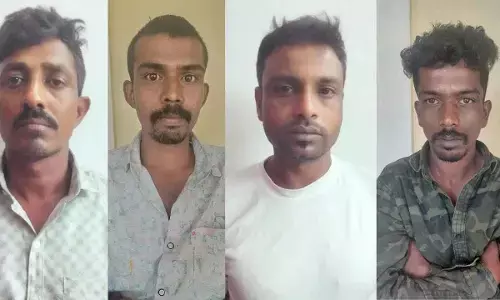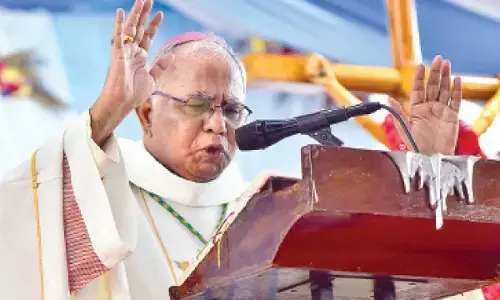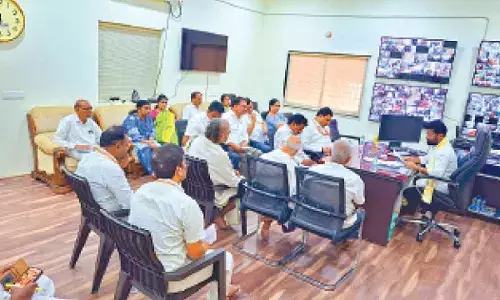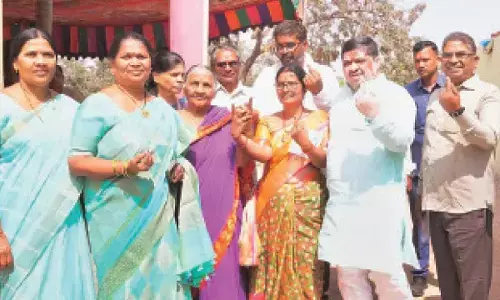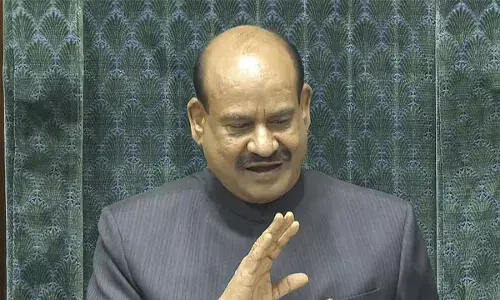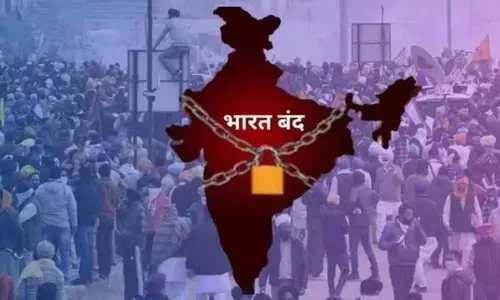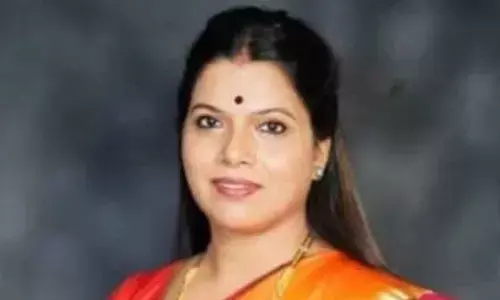Remembering anonymous loyalists of Babasaheb
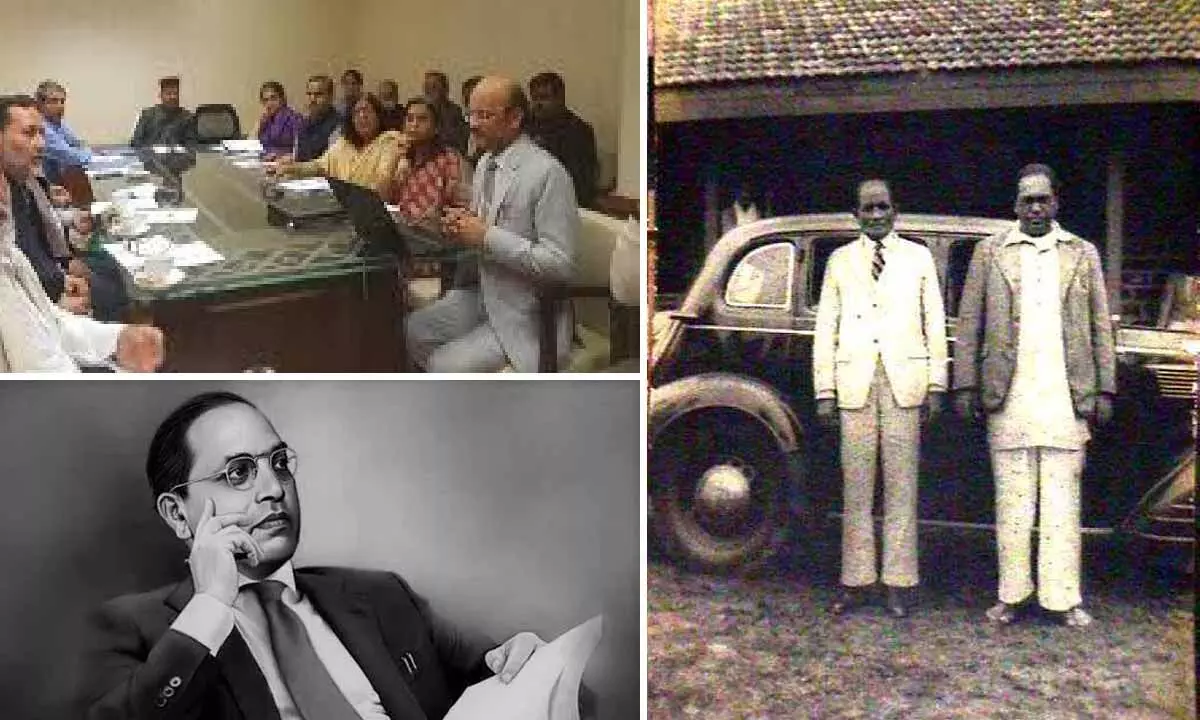
Remembering anonymous loyalists of Babasaheb
Actually, from 1951 to his last moment he was accompanied by his 3-4 associates and close disciples. They had a firm faith in Babasaheb and his belief
Bhagwan Das edited the compositions and speeches of Babasaheb and wrote books on it. His work "Thus Spoke Ambedkar" written in four volumes is the only book in the world that impart the thoughts of Babasaheb to intellectuals and the general public
Devi Dayal was with Ambedkar since 1943. Whenever Babasaheb spoke in public on any issue, he used to write it down as a duty. It is hard to say from where did he get this inspiration
Dr Babasaheb Bhimrao Ambedkar resigned from the central cabinet of Jawaharlal Nehru on 27th September 1951. Both of them locked horns on Hindu code Bill. Babasaheb informed about his resignation through a historic speech given in Parliament. He returned to his government residence at 22 Prithviraj Road around 1600 hours.
He shifted from 22 Prithviraj Road to 26 Alipur Road a house of his friend next very day, after leaving cabinet, most of his time was spent on study and writing. While residing in 26, Alipur Road he wrote his last book "The Buddha and his Dhamma". In his writing, he elaborated the teachings of Gautam Buddha. His work was translated in many languages like Hindi, Gujarati, Telugu, Tamil, Marathi, Malayalam, Kannada, Japanese etc.
He breathed his last in 1956 in his residence 26, Alipur Road itself. Actually, from 1951 to his last moment he was accompanied by his 3-4 associates and close disciples. They had a firm faith in Babasaheb and his belief.
One of them was Bhagwan Das. The contribution of Bhagwan Das in spreading the thoughts of Babasaheb among the masses was incredible.
He often met Babasaheb in his 26 Alipur residence. Born in 1927 Shimla, Bhagwan Das permanently settled in Delhi after meeting Babasaheb. He edited the compositions and speeches of Babasaheb and wrote books on it. His work "Thus Spoke Ambedkar" written in four volumes is the only book in the world that impart the thoughts of Babasaheb to intellectuals and the general public.
He was interested in Dalit unity and he tried to unite many castes including Dhaanuk, Khateek, Balmiki, Hela, Koili etc. to bring in Ambedkarites revolution. Working on ground level he wrote on various issues of dalits which were published in many magazines and newspapers.
Bhagwan Das wrote four books on sweepers and one small book also on washermen. His famous book "Main Bhangi Hoon" was translated in many Indian languages and it is like a paper of dalit history. Once Dalit thinker SS Darapuri said Bhagwandas ji worked for the welfare of the downtrodden throughout his entire life. He wrote 23 books. Bhagwan Das took historical steps by raising the issues of untouchability and discrimination in India towards the dalit on international stages. He died in 2010 at the age of 83. The Library of Babasaheb was a collection of thousands of books. Babasaheb loved his library. Devi Dayal was the bookkeeper there. Devi Dayal was with Ambedkar since 1943. Whenever Babasaheb spoke in public on any issue, he used to write it down as a duty. It is hard to say from where did he get this inspiration.
He used to preserve all the clippings of articles and public comments of Babasaheb published in newspapers and magazines. Under his patronage he became a good reader also. He became a close associate of Babasaheb. With passage of time, he wrote an important book named "Dr Ambedkar Ki Charcha". It has a lot of important information. He narrated in his book that on December 30, 1948 what was the reaction of him after Gandhiji was assassinated." After hearing the news of Bapu, he got shocked. He got totally upset and disturbed for 5 minutes. After regaining his normal condition, he said. "Bapu didn't deserve to meet such violent end". Devi Dayal was greatly helped his wife in taking Dr. Ambedkar during illness, because after the illness of her husband she wrote better words about Devi Dayal on the pages of diary. Devi Dayal breathed his last in 1987.
Naanak Chand Rattu also used to be with Babasaheb as a shadow. Babasaheb came to Delhi in 1942 as a member of Viceroy's executive council. He was allotted government residence at 22, Prithviraj Road. Thereafter 20 years old Rattu joned him. He also knew typing.
Rattu was aware about the works and struggles done by Babasaheb towards the welfare of vulnerable groups of society. Babasaheb accepted enthusiastic and energetic Rattu as his close companion. At that time there did not exist a big communication gap between leaders and common people, like present times. Rattu hailed from Hoshiarpur of Punjab. He also lived like the shadow of Babasaheb.
He used to preserve a carbon copy of all the matters dictated by Babasaheb. He used to study and do job simultaneously. After resigning from Nehru's cabinet, Babasaheb called Rattu and told him to vacate the government residence the next day. This was unprecedented. Rattu started hunting for a new home. Luckily a friend of Babasaheb gave a proposal to shift in 26 Alipur Road house. Babasaheb agreed. Rattu ji made Babasaheb shift to his new house the very next day. Means he had a real management qualities. Health complications of Babasaheb began to be seen in 1956. 24 hours, Rattu ji took care of him and accompanied him.
After his death Rattu ji toured throughout India to spread the thoughts of Babasaheb. Before his death in 2002 he wrote a book on the last years of Babasaheb. All these associates of Babasaheb should also be remembered. They joined Babasaheb selflessly. Where can we find such angels these days!
(The author is columnist, senior editor and former MP)



